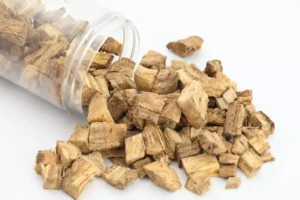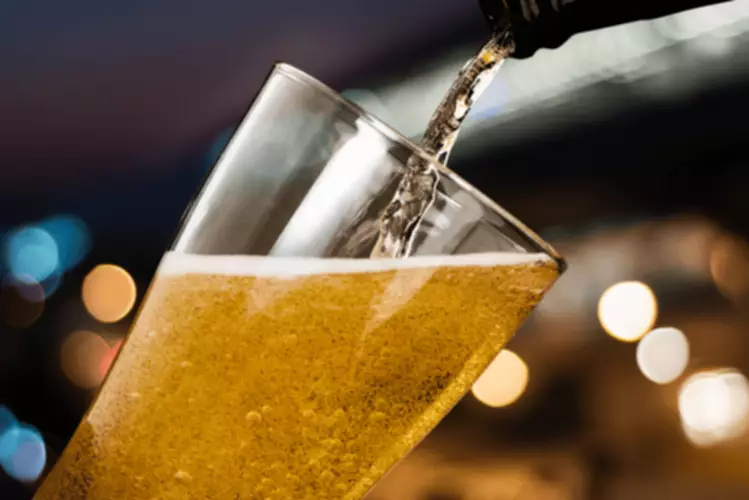
Drug addiction led to nearly 92,000 fatal overdoses in the U.S. in 2020. We believe it is fair to say that most of them desperately wanted to get sober. After removing the corticosterone-producing glands from the rats, researchers observed a lack of relapse behavior after triggering them with low doses of internal vs external triggers cocaine. In contrast, when they increased the corticosterone levels, unstressed rats showed relapse behaviors when triggered. A study of rats by the University of Michigan found that the rats largely preferred rewards that triggered the brain’s amygdala, part of the limbic system that produces emotions.
Identifying Addiction Triggers is Necessary for Recovery
- The Massachusetts Center for Addiction specializes in helping individuals understand their triggers and build the emotional skills needed for recovery.
- They can lead to latent emotional responses that only gradually have consequences.
- Everyone will have different internal triggers, but by recognizing some of the common ones you will be better equipped to avoid or address your internal triggers.
- These feelings can lead to impulse behaviors against the individual’s recovery plan.
- Emotional relapse is the first of three stages of relapse, so keeping an eye on your emotional state is an important way to manage triggers.
Give us a call today and begin your journey toward long-term recovery.
Mental Health And Addiction

By developing these skills, individuals can better navigate their emotional landscape, reduce the power of internal triggers, and ultimately support their journey to lasting recovery. One-on-one mental health treatment can provide new tools to learn how to live with internal triggers. To learn more about how to defeat https://ecosoberhouse.com/ these triggers, contact Dr. Mark Leeds. The period of addiction recovery that takes place after completing a treatment program requires the ability to identify addiction triggers and use healthy coping skills to deal with them. How you manage addiction triggers determines the effectiveness of relapse prevention.
Mental relapse:

Creating and adhering to a personalized relapse prevention plan can help in reducing the risk of reverting to substance use. Emotional turmoil is a set of intense emotions such as sadness, depression, and anger, which can be a trigger for an emotional relapse. On the other hand, someone may experience cravings while feeling low or sad. Negative emotions like sadness, depression, guilt, loneliness, and anger can all be potential triggers for relapse. It’s crucial to address these negative feelings to prevent an emotional relapse.
Self-Awareness: A Key to Addressing Internal Triggers
Other triggers may include seeing people who use drugs, being in certain places, or even certain smells or sounds. By focusing on improving your overall health, not just your addiction, you can further enhance your chances of a successful and lasting recovery. Proactively avoiding high-risk situations and staying away from reminders of past substance use is key to minimizing the risk of relapse due to exposure to substances. By being aware of your triggers and taking conscious actions to limit your exposure, you can stay on the path of recovery. However, there is no doubt that addictive disorders have a strong subjective component that is not fully fitted with the present models.
- Environmental addiction triggers are external factors that can lead to a relapse in recovery.
- Individuals may suffer from uncontrollable drug or alcohol cravings when exposed to certain cues.
- This not only helps you overcome them but may also be beneficial for examining and understanding what may have led you to substance use disorder.
- The 12th step can be applied by helping an addict who has relapsed to return to recovery.
What are the stages of an addiction relapse?

Understanding Relapse Triggers
- A 12-step program can be incredibly effective in maintaining sobriety.
- Mental health conditions may be a significant internal trigger, especially if you have an undiagnosed mental health disorder.
- Maintaining one’s recovery despite the existence of triggers can be overwhelming at times.
- Seeking professional help when faced with challenges during your recovery journey is paramount.
- When feeling bored, individuals may be more likely to seek out activities or substances that provide temporary relief or excitement, leading to a return to addictive behaviors.
- How far along someone is in their recovery, how stable they feel emotionally, and how strongly the trigger affects them should all be considered when deciding how to respond.
